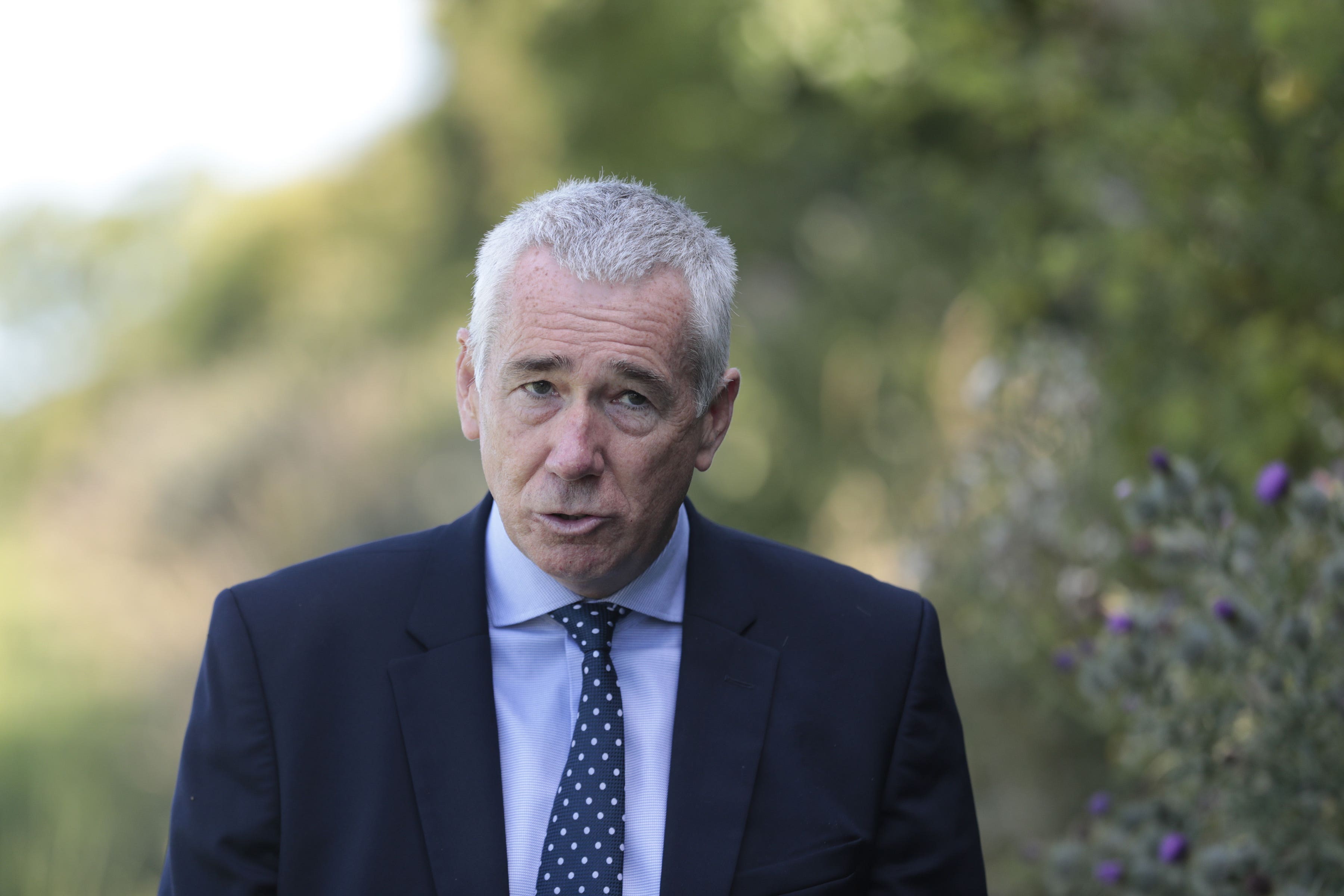Findings of report into agent Stakeknife due to be published
The Operation Kenova interim findings are expected to call for apologies from the UK Government and the IRA.

Your support helps us to tell the story
From reproductive rights to climate change to Big Tech, The Independent is on the ground when the story is developing. Whether it's investigating the financials of Elon Musk's pro-Trump PAC or producing our latest documentary, 'The A Word', which shines a light on the American women fighting for reproductive rights, we know how important it is to parse out the facts from the messaging.
At such a critical moment in US history, we need reporters on the ground. Your donation allows us to keep sending journalists to speak to both sides of the story.
The Independent is trusted by Americans across the entire political spectrum. And unlike many other quality news outlets, we choose not to lock Americans out of our reporting and analysis with paywalls. We believe quality journalism should be available to everyone, paid for by those who can afford it.
Your support makes all the difference.A major report into the Army’s top agent in Northern Ireland during the Troubles will be published later.
The interim findings of Operation Kenova will be revealed after an investigation lasting seven years and costing approximately £40 million.
Kenova has probed the activities of the agent Stakeknife within the Provisional IRA.
Stakeknife was part of the terror group’s internal security unit and Kenova examined crimes such as murder and torture, and the role played by the security services, including MI5.
The PA news agency understands the 200-page report will call for apologies from the UK Government and the IRA to bereaved families and surviving victims.
It is also expected to call for a review into the UK Government policy of neither confirming nor denying sensitive information relating to intelligence issues.
The agent Stakeknife was widely believed to be west Belfast man Freddie Scappaticci, who was in his 70s when he died last year.
However, it is understood Scappaticci will not be named in the report when it is published.
The Kenova investigation was originally headed up by Jon Boutcher but he left the position to take up the role of chief constable of the Police Service of Northern Ireland (PSNI).
Last week the Public Prosecution Service in Northern Ireland announced that no prosecutions would be pursued after consideration of the last batch of files from the investigation.
Some 32 people, including former police, former military personnel and people linked with the IRA, were considered for prosecution on a range of charges from murder and abduction to misconduct in public office and perjury.
However, the PPS found there was insufficient evidence to pursue cases.
Current Kenova head Sir Iain Livingstone expressed frustration at the decision.
He said the team had built “a strong and compelling case which we are frustrated will now not be tested before a court”.
At a public meeting of the Northern Ireland Policing Board on Thursday, Mr Boutcher was asked if he agreed.
“I can tell you now I agree with Iain Livingstone and I will be dealing with all of this tomorrow.”
However, the daughter of an IRA victim insisted Operation Kenova has not failed victims, despite the lack of prosecutions.
The body of Belfast woman Caroline Moreland, a 34-year-old Catholic mother of three, was found near Rosslea, Co Fermanagh, in July 1994.
Shauna Moreland was 10-years-old at the time of her mother’s death.
She said: “If these cases had been properly investigated at the time there could have been prosecutions.
“We have been failed by the system since 1994 and it was only when our cases were moved outside Northern Ireland that we got a process we could believe in.
“Right from the start, Jon Boutcher told us that Kenova would be a victims-first approach and that’s what he gave us.”
She added: “There was nothing until Kenova gave what my mother deserved.
“They showed that my mum mattered and she was not just a statistic.”